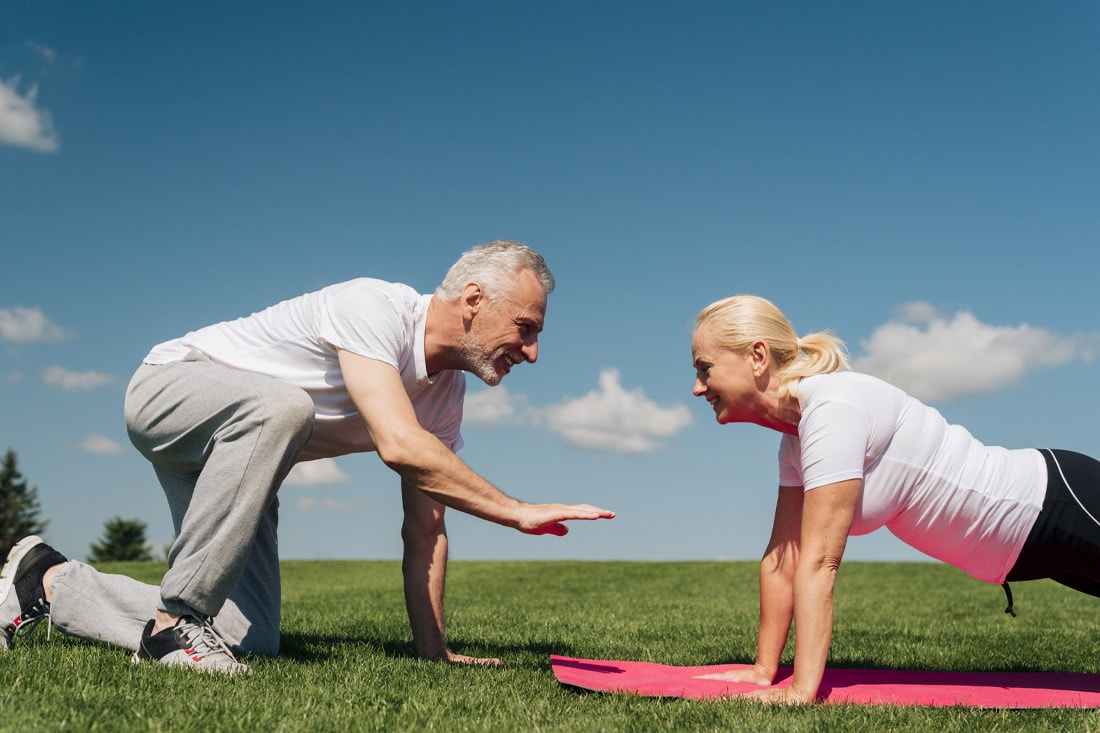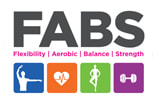|
A recent article in The Times claimed that just a couple of decades ago the fitness levels of the over 50’s were “woeful”. Interestingly (and thankfully) this trend has reversed and we are now seeing the over 50’s embrace fitness and healthier lifestyles with amazing results. In fact, after many years pushing the middle aged and older groups to increase their exercise, the fitness levels of the over 55’s has surpassed the pre-pandemic levels.
Active Ageing for the over 50’s Sport England have focussed on improving the fitness of the over 50’s by working in partnership with groups such as Age Uk. These agencies have concentrated on improving health and fitness of the over 50’s by introducing initiatives such as walking toolkits and community support. These initiatives have really hit home, todays over 50’s are more aware of how important staying active is as they get older and have embraced exercise and fitness. In order to maintain independence in our senior years we need to look after our bodies by continuing to perform functional exercise and eating healthily. Our cardio health, balance and flexibility all decline as we age and although fitness and diet are not a magic pill to reverse these effects of ageing, they do put us in a stronger position and help reduce the rate at which they decline. Group exercise has been shown to be fantastic for improving fitness and mobility in older people - the building of community and friendship alongside the physical benefits help to reduce the demand on health and social care as well as helping older people remain independent. In order for fitness regimes to be successful it’s vital you choose activities you can fit into your daily routine and ultimately, activities you enjoy. For some that might be weekly boot camps and for others it might be daily walks, cycle rides or swimming. According to Leigh Breen, exercise and health theme lead and professor of translational muscle physiology at the University of Birmingham, daily squats are a great way to help prevent muscle decline in the lower body. You can carry on playing your favourite sports into old age - if you start to feel like it’s too much then try a lower intensity version such as walking football. Strength training twice a week (minimum) to help reduce the decline of muscle mass and improve balance and stability. If you haven’t done strength training before, then you can build up your strength by gardening, heavy lifting and using resistance bands. Check out Amanda’s resistance band workout videos here: https://www.youtube.com/watch?v=MW67mWC5hh0 Research shows that it's never too late to get fit - you can see positive results from being active in your 60’s through to your 90’s, so there really is no excuse not to focus on your fitness. Always speak to your GP or health care professional before embarking on a new exercise programme or diet and remember to build up slowly to avoid injury. If you want more information on joining one of Smart Fitt’s classes or you’d like to find out more about Amanda's' 1-2-1 training sessions, contact Amanda.
0 Comments
|
Archives
August 2023
Categories
All
|


 RSS Feed
RSS Feed





